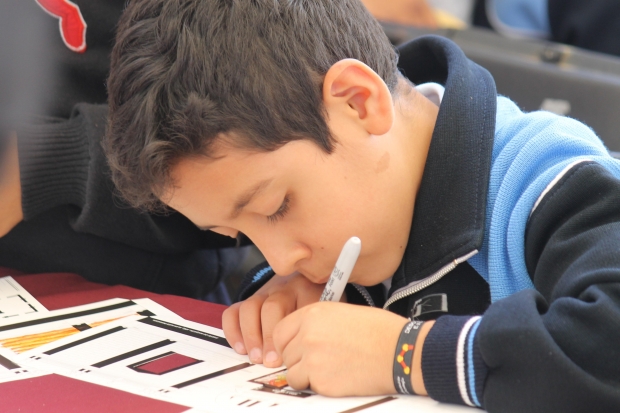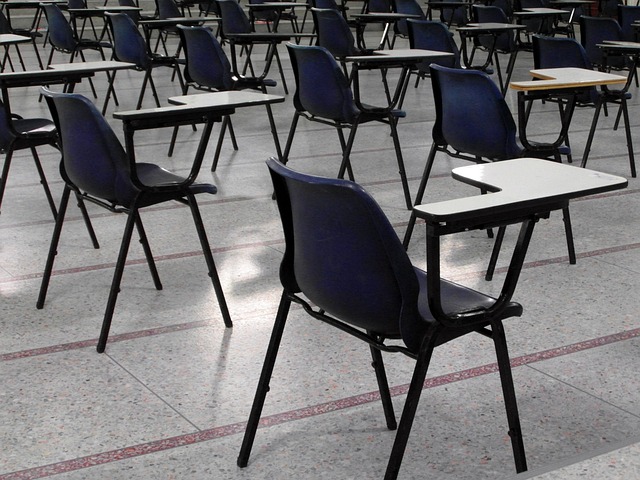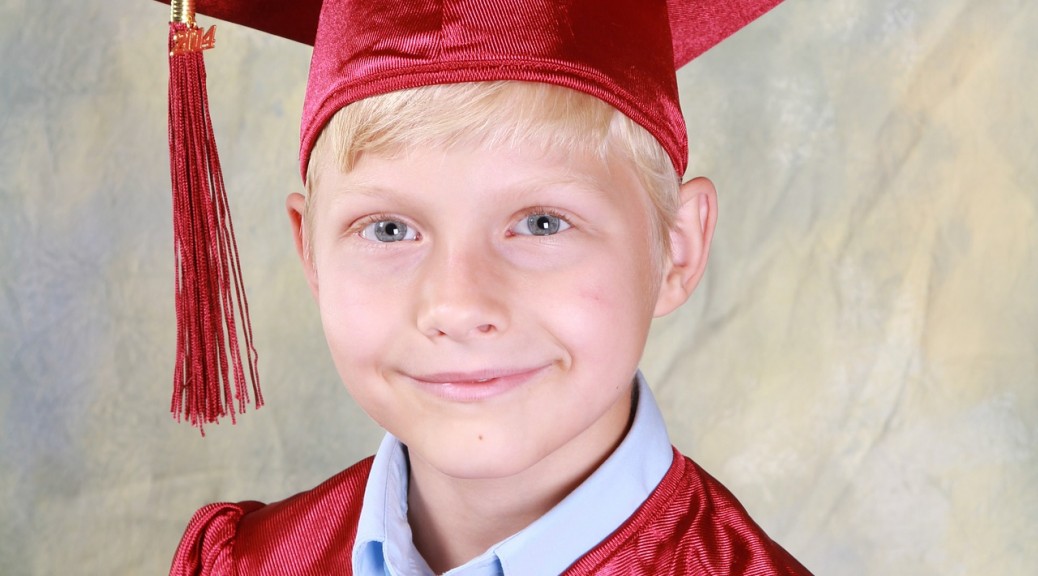Starting a new school can be an extremely stressful situation for a child – and it can be just as hard for parents to feel powerless to help them. At CodeREV Kids, we know that most kids will eventually transition into a new school just fine, but we’ve found some direct actions you can take that will help them along the way.
Get your child as much first-hand knowledge as possible
Much of the anxiety that comes along with starting a new school is the fear of the unknown. The more information you can give them, the better – and if you can do it in person, that’s ideal. Ask the school if you can tour it with your child. See if you can visit the classroom before or after school before the official start date. Find out if your child can meet with the teacher. Something as simple as playing on the playground can make a child feel more comfortable. When they can picture their new school, they may feel less worried.
Find ways to find friends
Of course, many kids are most afraid that they won’t find new friends at their new school. As a parent, there’s a lot you can do about this too. For example, ask the school if there are any parents willing to arrange a play date. You can also sign them up for extracurricular activities, such as coding classes. Even if the new friends they make don’t go to the same school, it will boost your child’s confidence that they’re capable of making new friends.
Buy them some cool new school supplies
Head out to your local school supply store with a list in your hand and let your child pick out the colors and styles they want. Let them pick out some cool new pens and pencils, allow them their choice of notebooks. As you’re purchasing these items, talk about the types of things they’ll use these new tools to learn. And of course, don’t forget to buy them some cool clothes for their first day of school!
Most kids starting a new school would be anxious. As a parent, you likely can’t prevent this altogether but you can help ease their minds. Keep them involved in classroom activities even if you move during a break from school and before long they’ll have play dates all over town.









